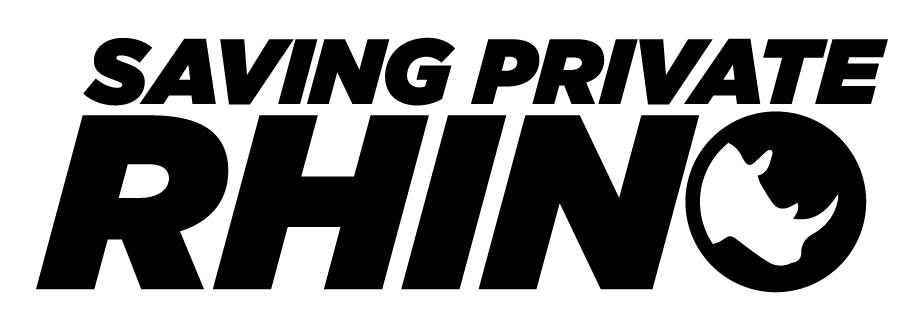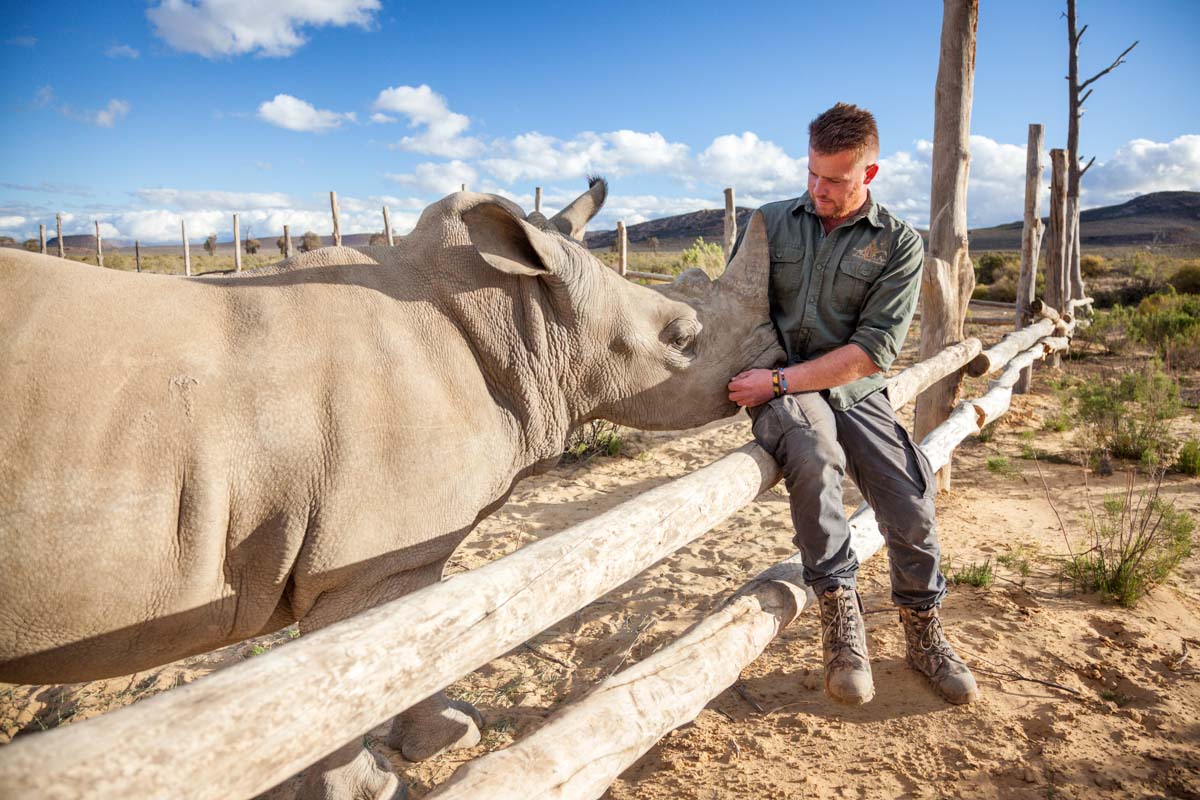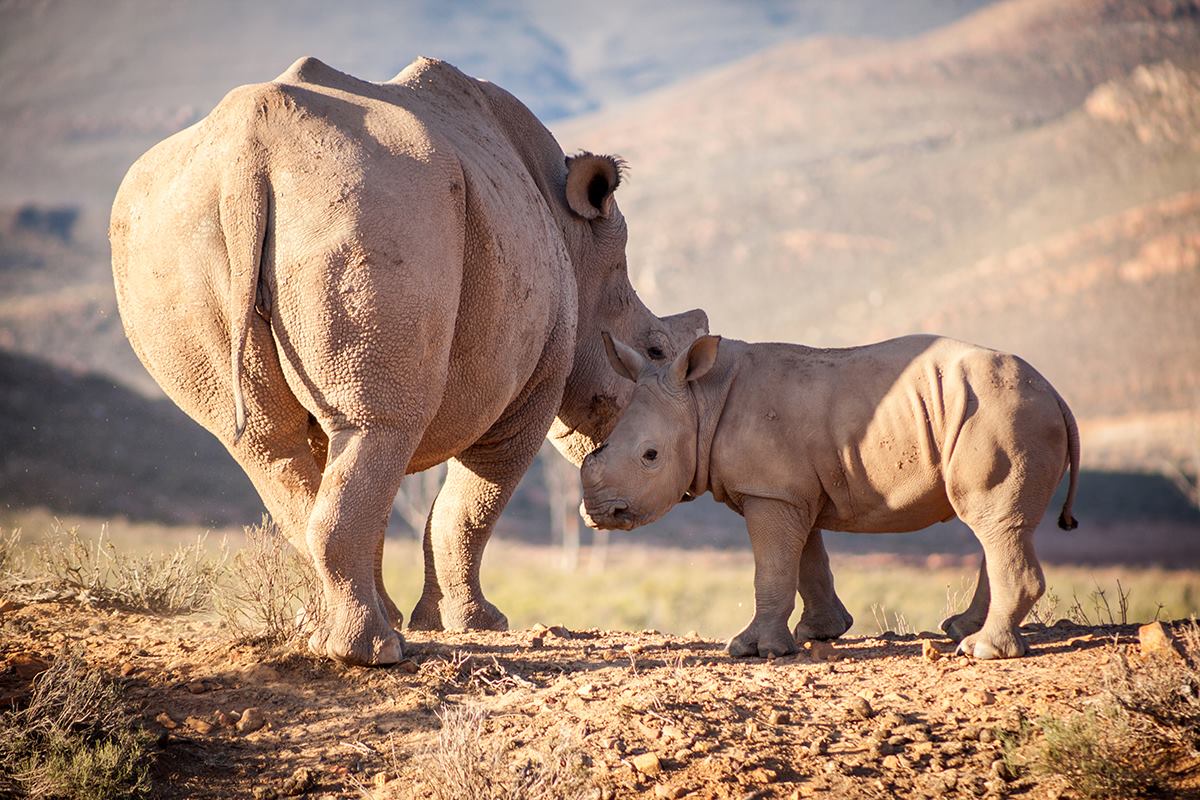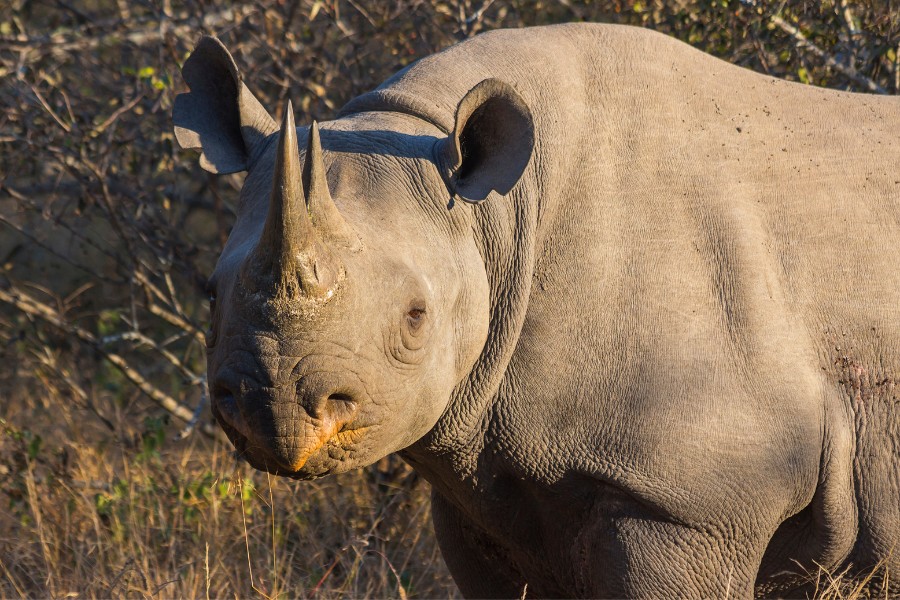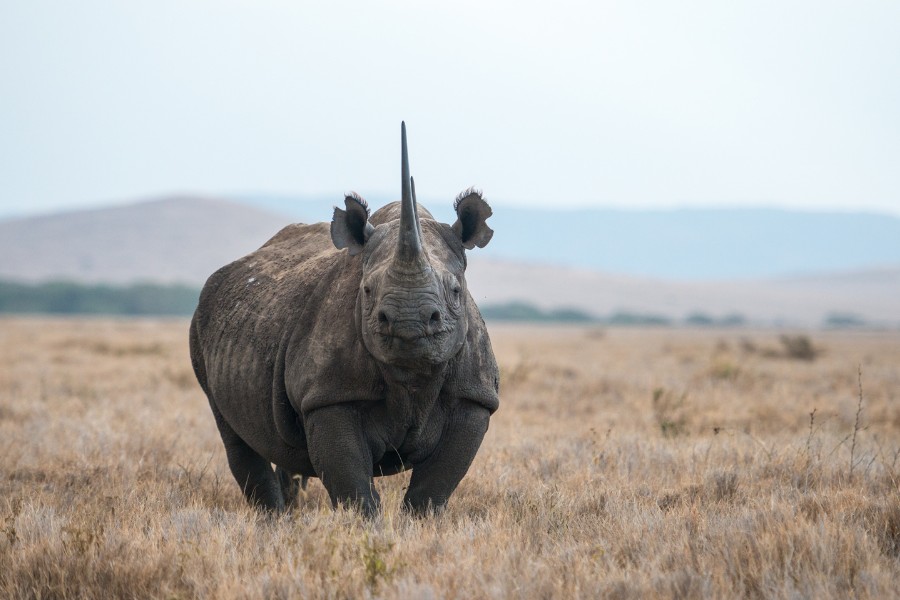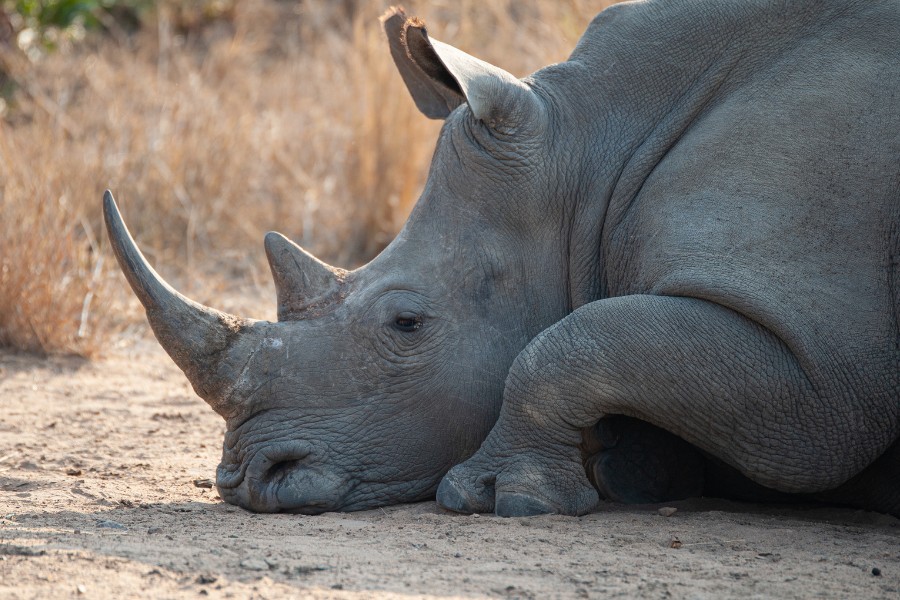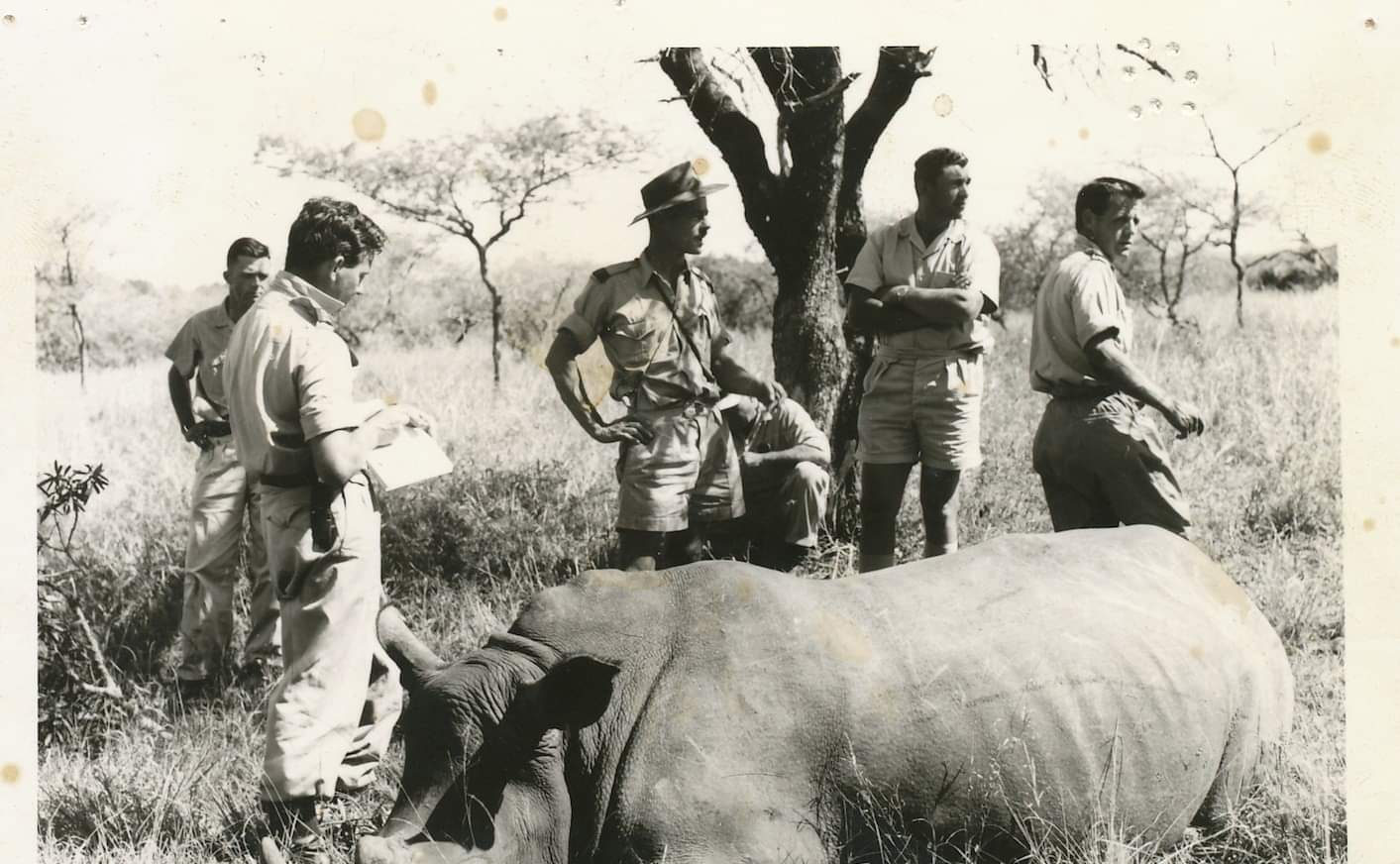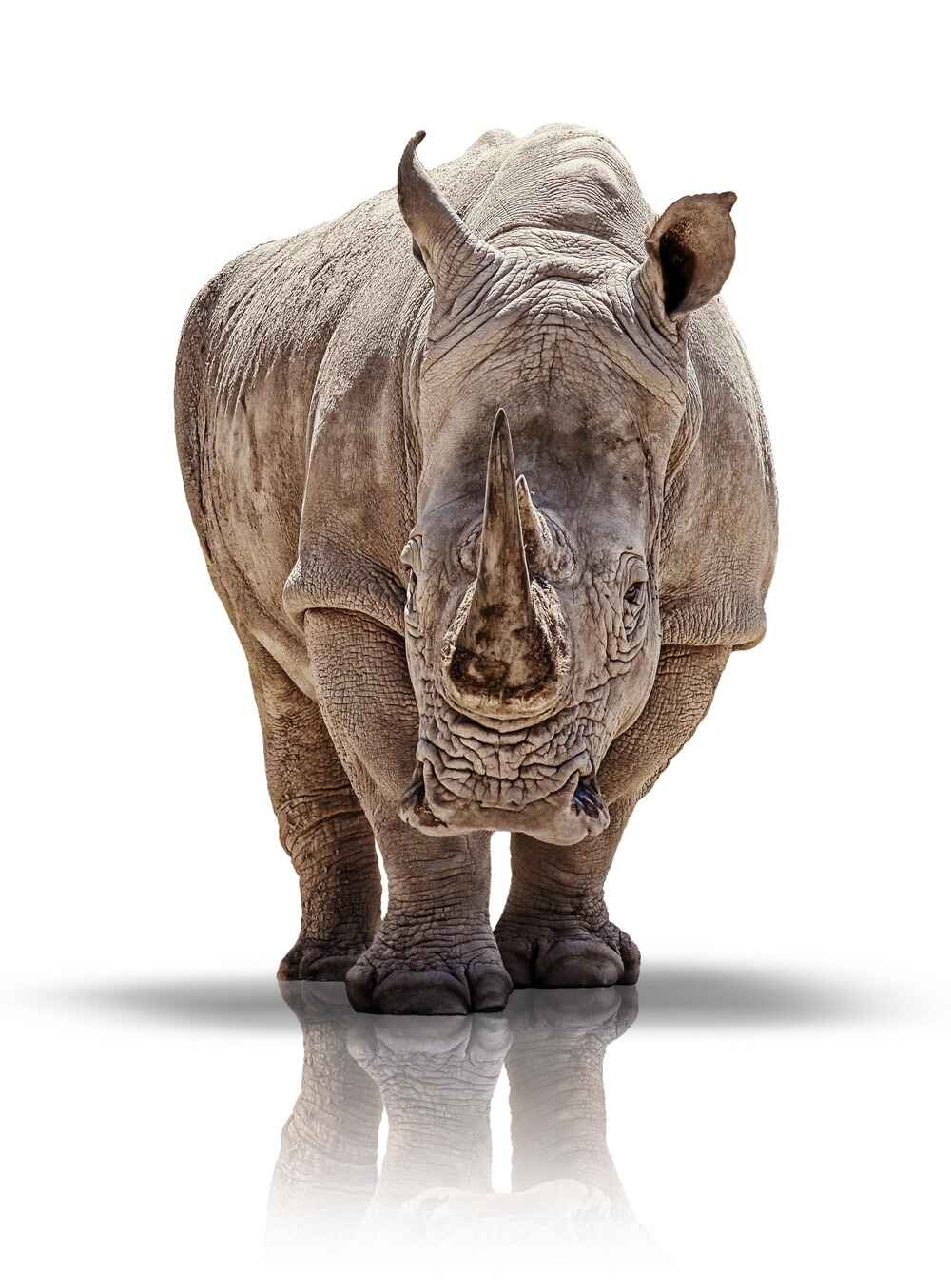With approximately 8,000 rhinos now under private ownership in South Africa, constituting about 60% of the national herd, the need for comprehensive anti-poaching measures has never been greater. The latest rhino poaching data, recently released by the Department of Forestry, Fisheries, and the Environment (DFFE), reveals a concerning trend, despite the tireless efforts to combat wildlife poaching. There has been little change in the poaching numbers, with 448 rhinos falling victim to poachers in 2022, compared to 451 in 2021. However, a closer look at the data unveils a more optimistic outcome within the private sector.
The Role of Private Conservation Initiatives
The ongoing surge in poaching incidents, particularly in KwaZulu-Natal, continues to make South Africa a hotspot for rhino poaching and illegal horn trading. Government-owned Big 5 game reserves, including the Hluhluwe-iMfolozi National Park, have become the epicentre of this onslaught. But it was the sudden shift towards private-owned game reserves and wild game farms in 2021 that raised the alarm for many rhino conservation initiatives and re-population programmes.
In 2020, only 37 out of the 394 rhinos lost to poaching were located on private reserves and farms, representing less than 10% of the total. However, in 2021, this figure surged to 124 out of 451 rhinos, accounting for a significant 27.5% of the total. This dramatic increase, exceeding 300%, not only highlights the increasing demand for rhino horn in Asia, but also signals a concerning poaching trend that wiped out the Northern African Rhino population.
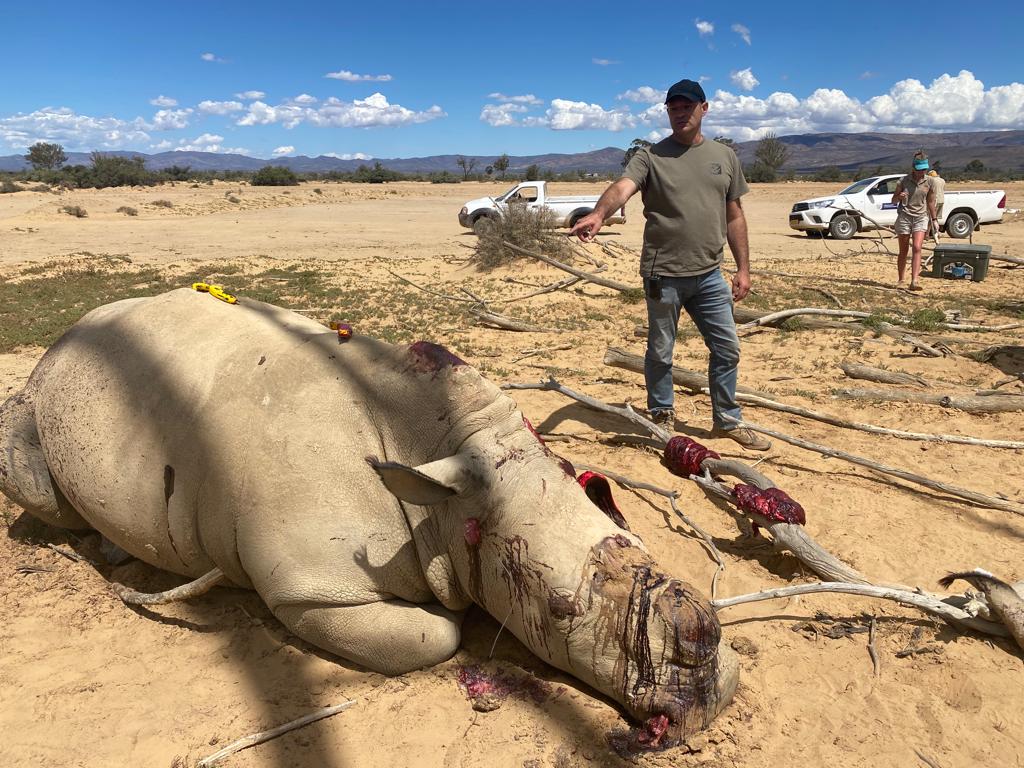
Several factors have contributed towards the sudden push towards private game reserves. One significant factor is the decline of the rhinos in the Kruger Park National Park, which has dwindled from an estimated 11,000 to possibly as low as 2,000 to 3,000 as a result of relentless poaching in the last decade.
But this doesn’t come as a surprise. For years, conservation economists have predicted that poachers would begin targeting smaller, privately-owned game reserves and isolated rhino herds, reflecting the dire situation faced by the now endangered Southern rhino populations. Although the private sector has repeatedly urged the government to enhance rhino and wildlife protection measures to avoid a repetition of the devastating poaching trend that wiped out Northern Rhino populations, as more and more rhinos are killed, poachers are going to continue directing their attention towards bigger profits and softer targets.
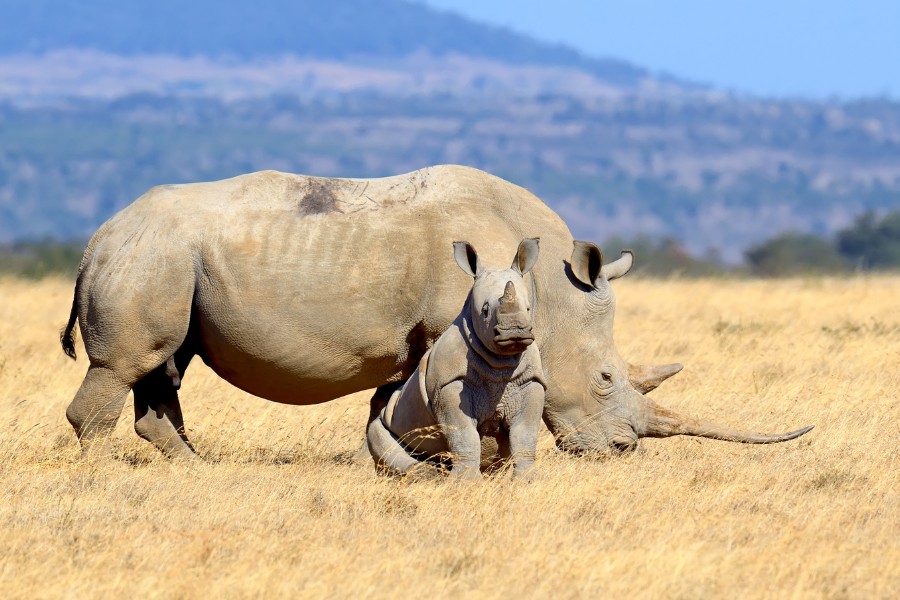
Funding the Frontlines
While Private game reserves conservation initiatives suffered devastating losses in 2021, the private sector has shown signs of a potential recovery, with a noticeable decrease in poaching incidents in 2022 compared to state-owned reserves. In the past year, private owners managed to mitigate the rhino poaching crisis, though it persisted at a greater rate in national reserves. Out of the 448 rhinos poached in 2022, only 86 were privately owned, marking a significant 30% decrease from 2021 and constituting just under 20% of the total rhino losses that year.
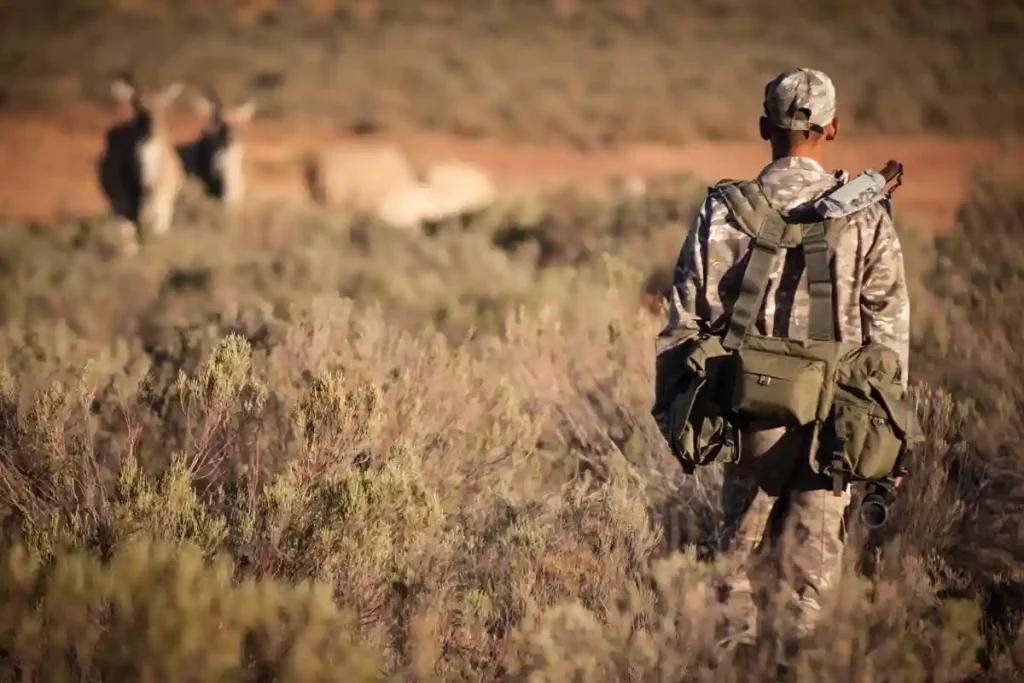
Considering that the private sector currently oversees approximately 60% of the national rhino population, but experiences less than 20% of the poaching incidents, it is evident that private initiatives are more effective at safeguarding Africa’s national animal heritage compared to government-led conservation efforts.
However, the private sector’s success in curbing poaching is not coincidental. They benefit from greater flexibility, enabling them to employ cutting-edge security measures without the constraints of national procurement procedures. This adaptability has proven effective in protecting rhino vulnerable populations, providing much-needed rapid response, medical support and anti-poaching training to rhino reserves across Africa.
While some criticise “intensive-breeding operations” and interventions like dehorning, private conservation initiatives have undeniably contributed towards the southern rhino population’s survival. At the end of the day, the numbers tell a clear story – the private sector, which now oversees a majority of South Africa’s rhino population, is doing a commendable job protecting the most vulnerable member of the Big 5.
